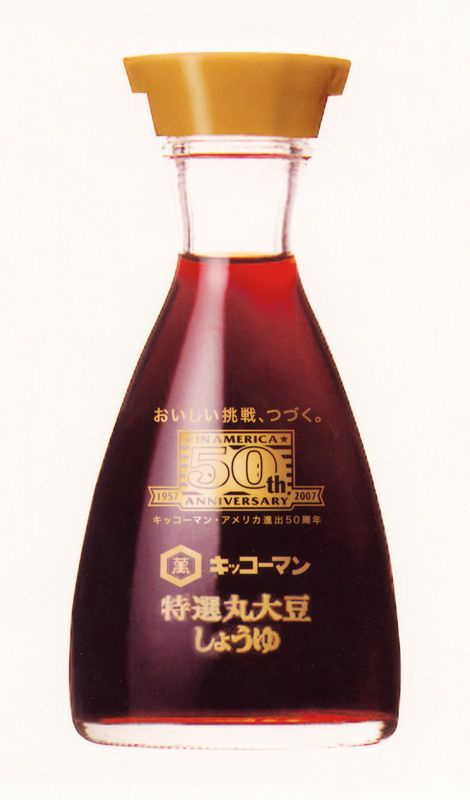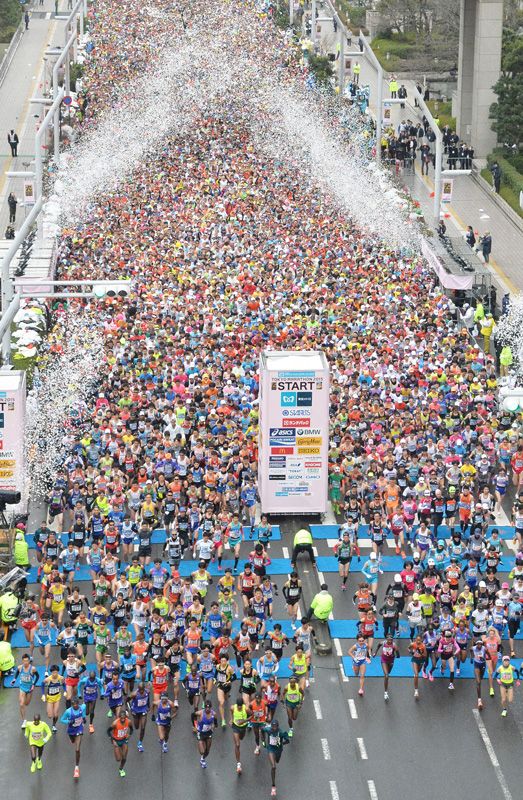Timeline for February 2015
Politics Economy Science Technology Society- English
- 日本語
- 简体字
- 繁體字
- Français
- Español
- العربية
- Русский
1
Prime Minister Abe Shinzō responds to the release of video footage that appears to show the execution of freelance journalist Gotō Kenji by Daesh, the group calling itself Islamic State (January 31, local time), by saying, “I will never forgive these terrorists. I will work with the international community to hold them responsible for their deplorable acts.” The Japanese government plans to continue providing humanitarian and nonmilitary support to countries fighting Daesh.
3
The Japan Football Association fires men’s national soccer team coach Javier Aguirre after a Spanish court accepts a case in which he is named as a defendant in relation to allegations of match-fixing in La Liga, Spain’s top soccer division. Aguirre, who became national team coach in August 2014, denies any involvement.
4
The Supreme Court upholds high court rulings overturning two death sentences for robbery and murder handed down in trials involving lay judges. It is the first time the death penalty has been negated in a lay judge trial.
5–11
The Sapporo Snow Festival takes place in three venues in central Sapporo, Hokkaidō. Star Wars, Nara’s Kasuga Taisha shrine, tennis star Nishikori Kei, and Yōkai Watch are among the themes for the 207 snow and ice sculptures on display. More than 2 million visitors attend the festival.
 Snow Star Wars sculpture at the Sapporo Snow Festival in Sapporo, Hokkaidō, on February 5, 2015. (© Jiji)
Snow Star Wars sculpture at the Sapporo Snow Festival in Sapporo, Hokkaidō, on February 5, 2015. (© Jiji)
8
 Kikkoman soy sauce bottle designed by Ekuan Kenji. (© Jiji)
Kikkoman soy sauce bottle designed by Ekuan Kenji. (© Jiji)
Industrial designer Ekuan Kenji, who created Kikkoman’s iconic soy sauce bottle and the Komachi bullet train between Tokyo and Akita, dies at the age of 85.
9
Prime Minister Abe meets Thai Prime Minister Prayut Chan-o-cha in Tokyo. The two agree on Japanese funding for infrastructure improvement in Thailand, including high-speed rail development.
The Ministry of Finance announces that Japan’s current account surplus has fallen 18.8% to ¥2.6 trillion, its lowest level since the nation began using its present method to calculate the figure in 1985.
The farm lobby JA-Zenchū approves a government reform plan that removes its powers to audit and guide local cooperatives in the first fundamental reform of agricultural cooperatives for around 60 years. JA-Zenchū will lose its current privileged legal status and become a general incorporated body by March 2019.
10
The government approves the Development Cooperation Charter, revising its ODA policy to make possible funding of foreign military forces engaged in non-combat activities.
12
The city government of Shibuya, Tokyo, presents plans to introduce a certificate recognizing same-sex relationships as equivalent to marriage. The draft statute, unprecedented in Japan, will be proposed in the municipal assembly in March and, if approved, will come into effect on April 1. The proposed document will not be legally binding. On February 15, Mayor Hosaka Nobuto of Setagaya, Tokyo, announces he is considering a similar measure.
16
Japan’s economy emerges from recession as GDP grows an annualized 2.2% in October–December 2014; quarterly growth is 0.6%. This follows two consecutive quarters of contraction after April’s consumption tax increase. While exports show improvement, weak consumption means that the figures announced by the Cabinet Office are lower than forecast.
18
The Supreme Court refers two cases challenging marriage-related articles in the Civil Code as unconstitutional to its 15-member Grand Bench. One of the articles bans married couples from having different surnames; the other prevents women (but not men) from remarrying until six months after divorce.
22
Shimane Prefecture holds its tenth annual Takeshima Day ceremony in Matsue. It is attended by Cabinet Office Parliamentary Secretary Matsumoto Yōhei, representing the national government, who states, “Takeshima is an inherent part of Japanese territory under international law. We are making every effort to resolve this matter peacefully.” On February 23, South Korea’s Ministry of Foreign Affairs summons Japanese official Kanasugi Kenji to protest Matsumoto’s attendance at the ceremony.
 Runners start to move at the Tokyo Marathon on February 22, 2015. (© Jiji)
Runners start to move at the Tokyo Marathon on February 22, 2015. (© Jiji)